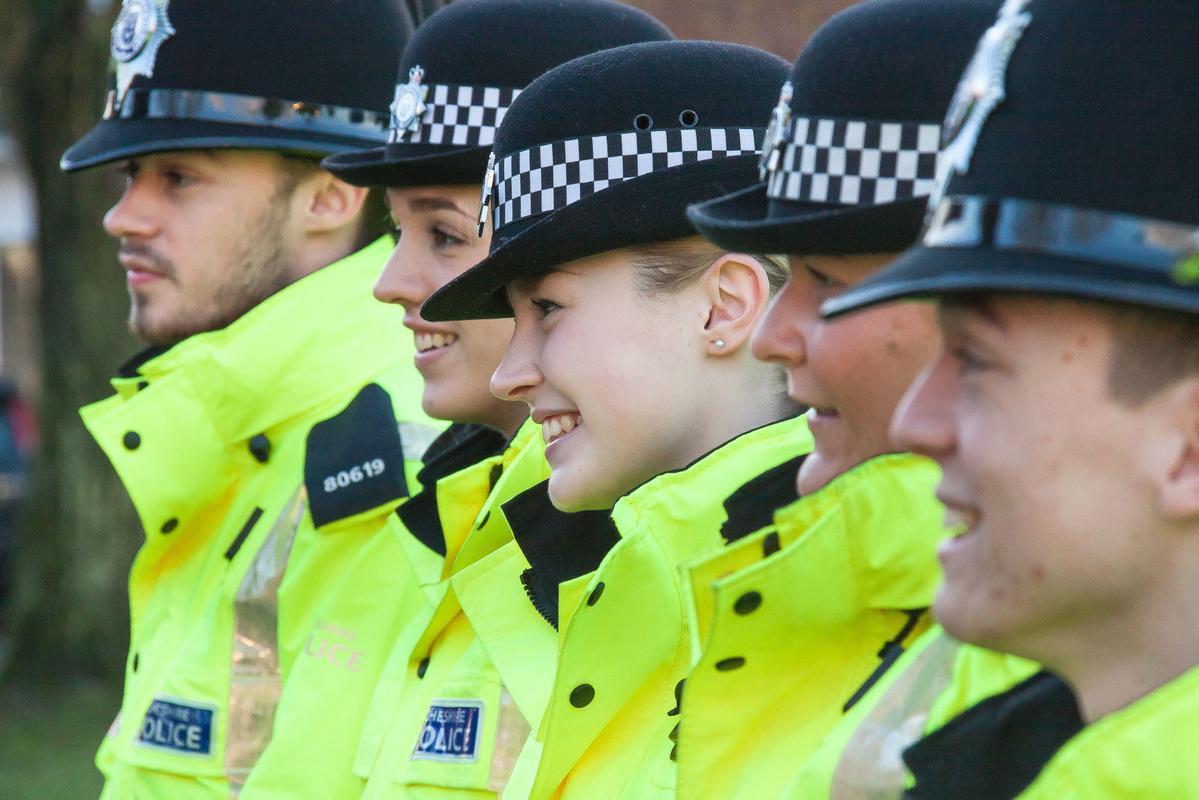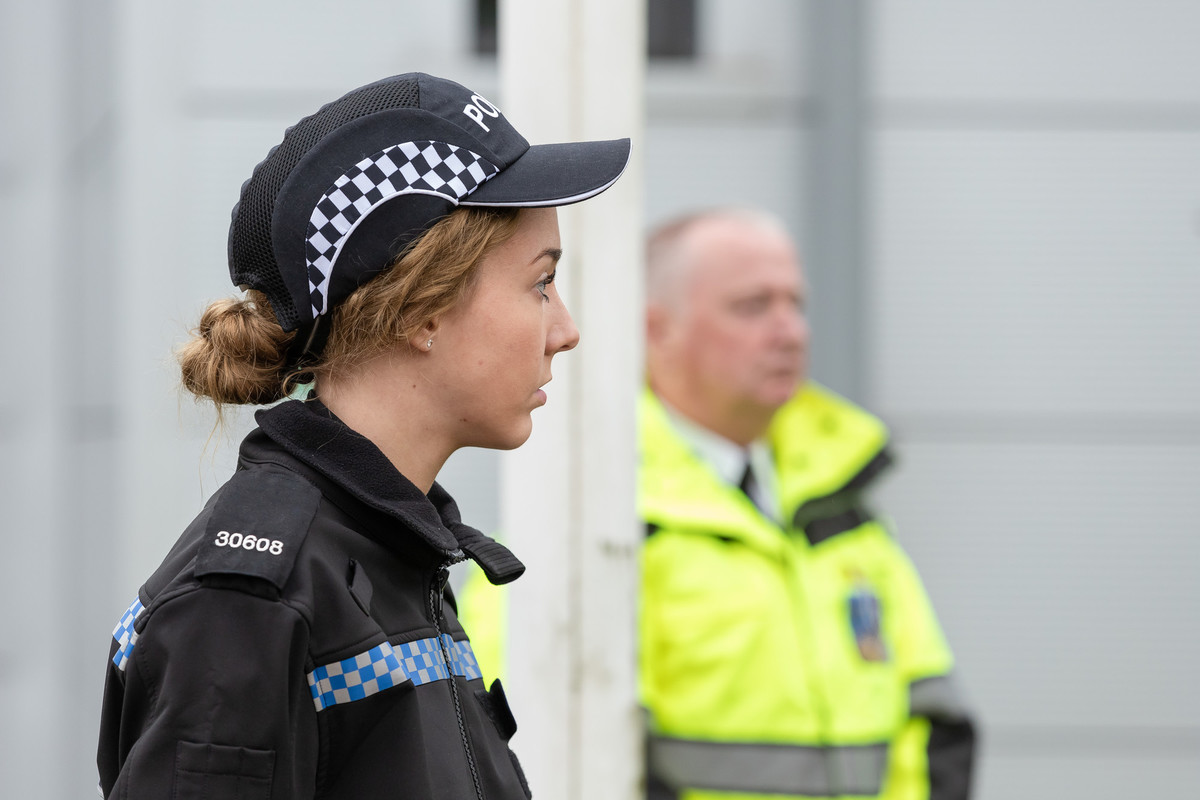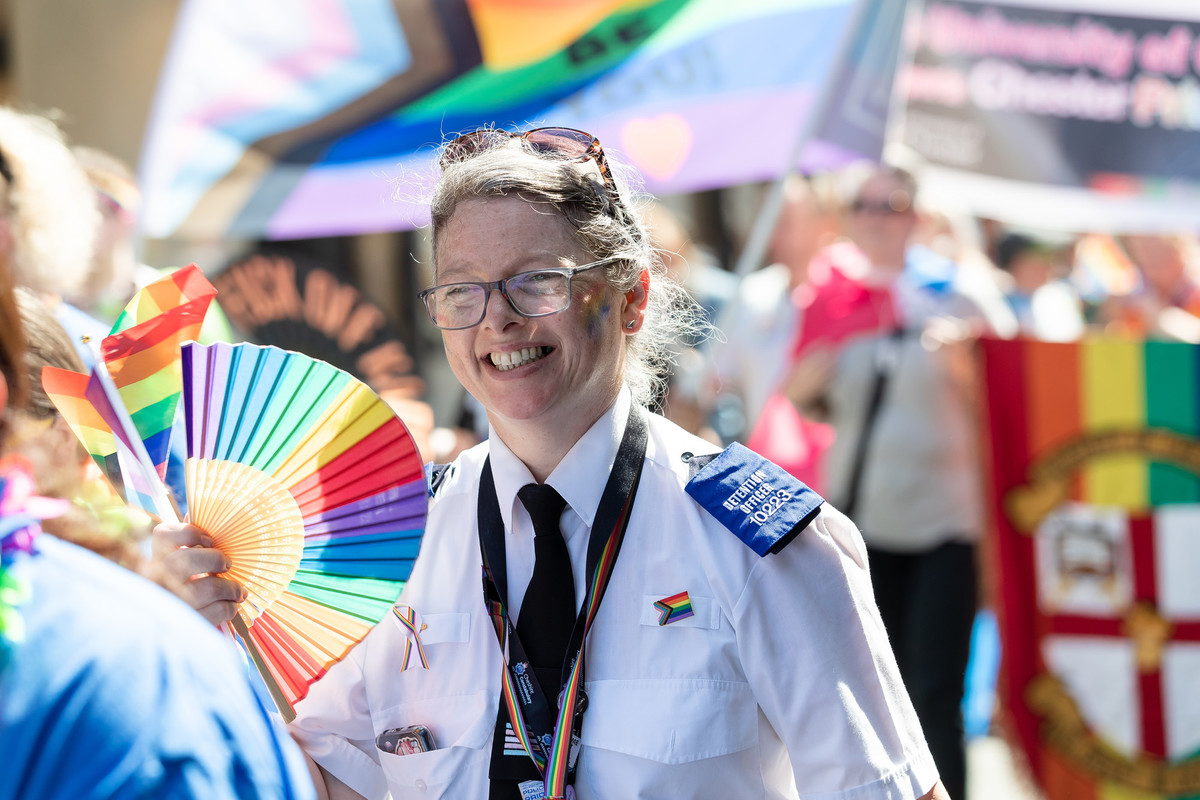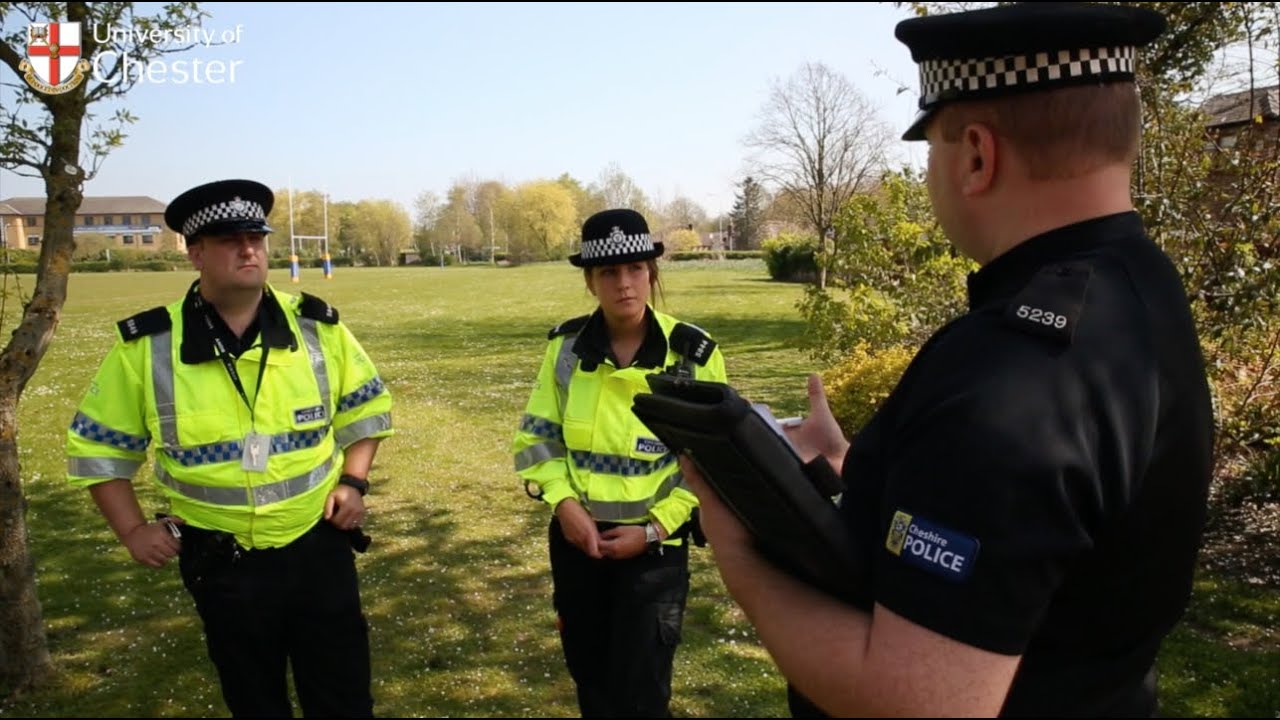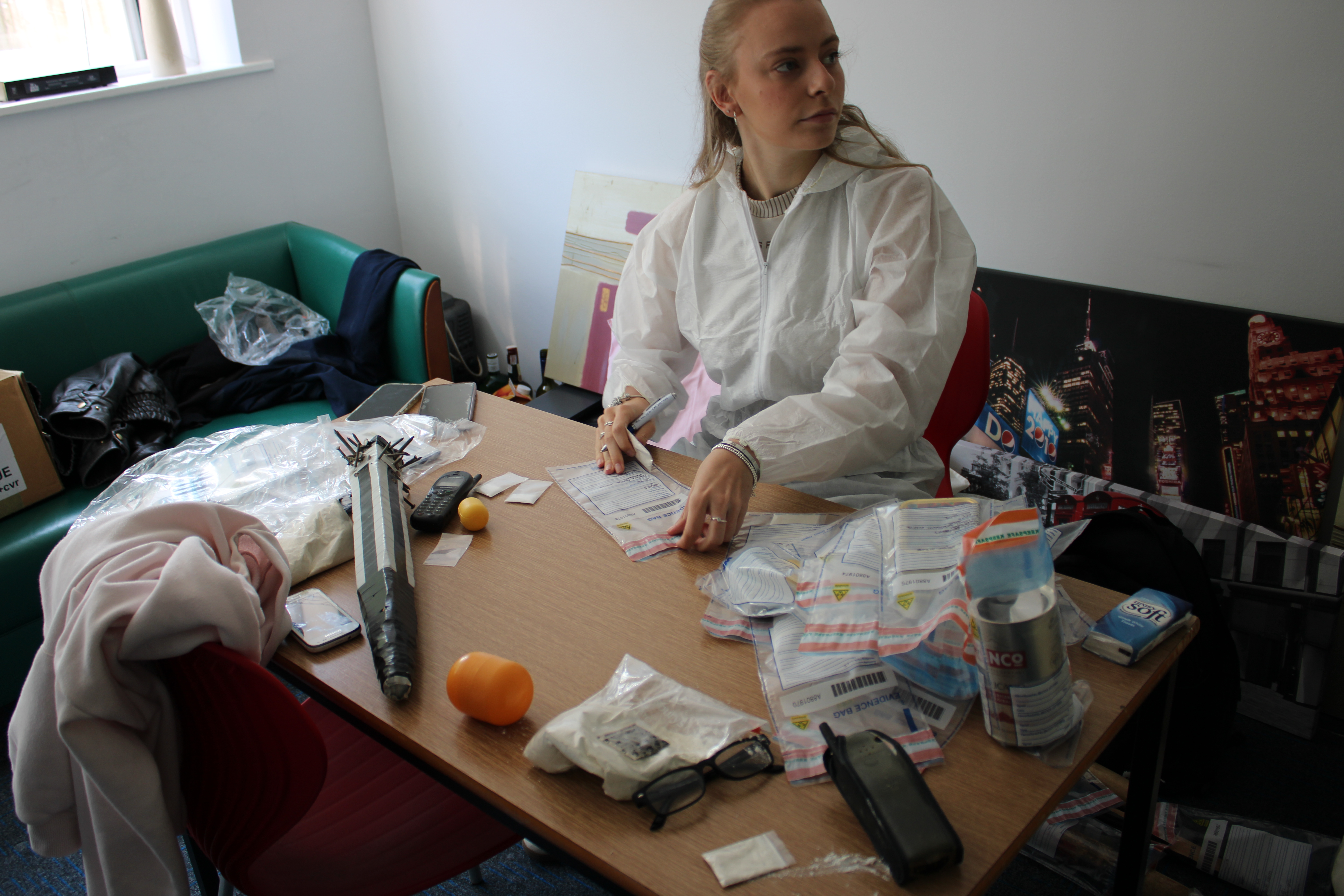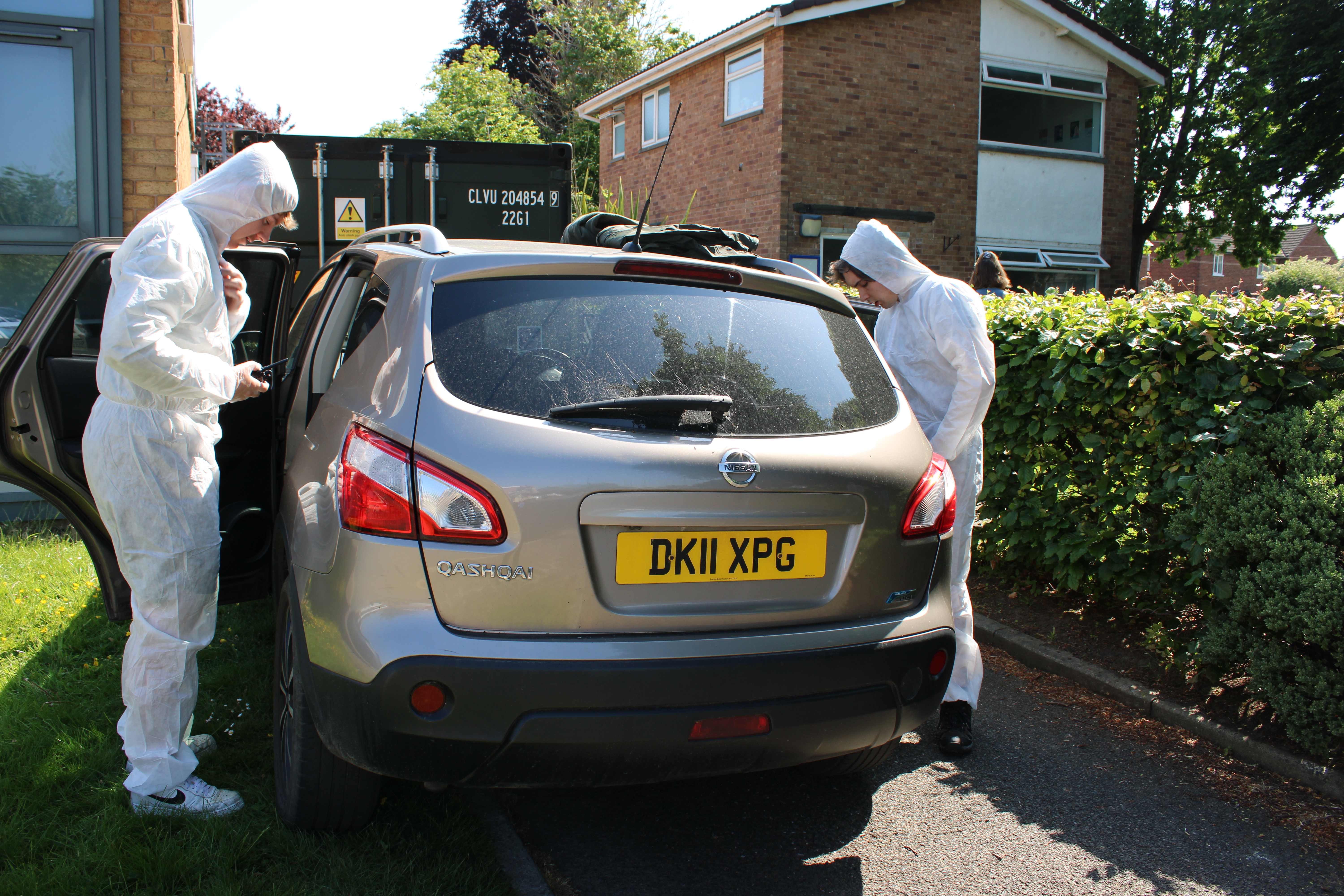104UCAS points
|
UCAS Tariff |
104 points |
|
GCE A Level |
Typical offer – BCC |
|
BTEC |
BTEC Extended Diploma: DMM |
|
International Baccalaureate |
26 points |
|
Irish / Scottish Highers |
Irish Highers - H3 H3 H3 H4 H4 Scottish Highers - BBBB |
|
Access requirements |
Access to HE Diploma, to include 45 credits at level 3, of which 30 must be at Merit or above |
|
T Level |
Pass (C or above on the core) |
|
OCR Cambridge Technicals |
OCR Extended Diploma: DMM |
|
Extra Information |
Welsh Baccalaureate Advanced and A Level General Studies will be recognised in our offer. We will also consider a combination of A Levels and BTECs/OCRs. Students who have been out of education for a while or do not have experience or qualifications at Level 3 (equivalent to A Levels) will be considered on a case-by-case basis, involving an interview with two members of the Institute of Policing (IoP) to assess their suitability to undertake the programme of study. Police services seek to represent the community they serve and, as such, the University welcomes applications from students from ethnic minority groups who are underrepresented within police services. |
72UCAS points
|
UCAS Tariff |
72 points |
|
GCE A level |
72 points overall, including grade D in A level |
|
BTEC |
BTEC Extended Diploma: MMP |
|
International Baccalaureate |
24 points |
|
Irish / Scottish Highers |
Irish Highers: H4 H4 H4 H4 H4 Scottish Highers: CCDD |
|
Access requirements |
Access to HE Diploma – Pass overall |
|
T Level |
T Level: Pass (D or E on the core) |
|
OCR Cambridge Technicals |
OCR Extended Diploma: MMP |
|
Extra Information |
Welsh Baccalaureate Advanced and A level General Studies will be recognised in our offer. We will also consider a combination of A Levels and BTECs/OCRs. If you are a mature student (21 or over) and have been out of education for a while or do not have experience or qualifications at Level 3 (equivalent to A Levels), then our Foundation Year courses will help you to develop the skills and knowledge you will need to succeed in your chosen degree. |
